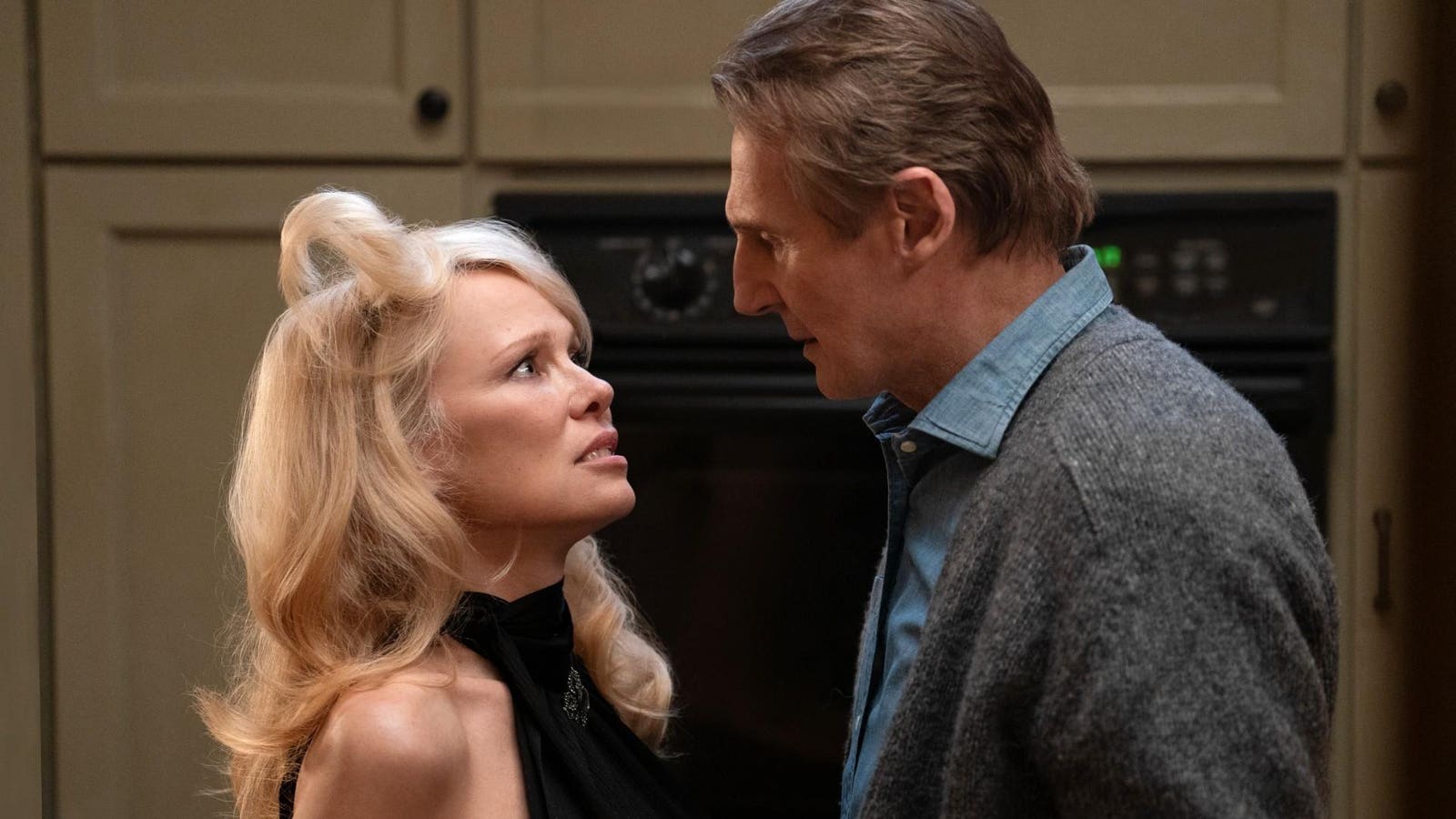Outsmarting the “peak-end rule” of love can help you remember your relationship more fairly, and live it more fully.
getty
When you look back at the trajectory of your relationships, do you remember things objectively? As much as we like to believe we do, the truth is our minds rarely play the tape back in its entirety. Instead, we unconsciously edit and cut corners, especially when memories leave a sour taste. One of the most powerful mental shortcuts at play here is known as the “peak-end rule.”
Psychologist Daniel Kahneman’s peak-end rule describes a kind of bias in how we recall experiences: we tend to judge an event not by its totality, but by two moments. The first is the emotional high (or low) point, and the second is the ending.
A vacation, for example, may be remembered as “fantastic” because of one breathtaking hike and a serene final day, even if most of it was unremarkable. Conversely, the painful final months of a relationship can overshadow years of warmth, making the entire story feel tainted.
When it comes to love, this rule doesn’t just distort memory; it reshapes how we evaluate our relationships. It influences the way we decide whether to stay, go or grow. That makes it far more than a curious quirk of memory. It is, in fact, a bias with real consequences for how we choose and sustain our bonds.
Understanding how the peak-end rule works can help us consciously redesign our relationships in ways that resist such distortion, allowing us to remember them more truthfully.
Here are three science-backed strategies to do just that. Each is grounded in psychological research, but translated into something you can put into practice.
1. Diversify The Positive Peaks
The peak-end rule comes with a cognitive trap. If the “peaks” are few and far between, they end up shouldering too much of the memory burden. Research shows that it’s not only intensity that imprints a memory but also frequency and variety.
Psychologist Barbara Fredrickson’s broaden-and-build theory argues that small, positive emotions accumulate over time to expand our mental and relational resources. So, instead of relying on rare or dramatic highs, small but consistent moments of joy can strengthen our memories.
Similarly, a 2024 study published in BMC Psychology found that novelty and variation keep happiness from hitting a plateau. Doing the same “date night” ritual every Friday is bound to get monotonous at some point, but switching it up with something new and exciting is most certainly going to create distinctive peaks.
In practice, this could look like curating a portfolio of peaks, focusing on diversity rather than just one towering event. Maybe don’t let a single anniversary trip do the heavy lifting in your relationship. Think of layering in smaller highs like cooking a new dish together on a hectic weeknight. Or, take a different route on your morning walk together to explore something new.
These mini-adventures may not be spectacular, but when our memory tallies the highlights, they ensure it has abundant, varied material to work with.
2. Rewrite The Peaks Of Your Story
Couples will fight. In fact, John Gottman’s decades of relationship research suggest that conflict is inevitable, and even healthy when handled well. However, because of the peak-end rule, our brains pay special attention to negative emotional peaks. In an argument, the moment when voices are raised or tears are shed often becomes the “peak” our memory anchors to, even if there were other important moments to focus on and learn from.
The evidence-based move you can make in such scenarios is to turn the act of repairing your relationship rupture into the “peak” of the story. Gottman found that, for long-term stability in a relationship, you don’t have to do away with conflict.
Instead, focus on effective repair attempts as early as possible in these moments. This can be as simple as saying, “Can we start over?” or reaching out for their hand or injecting some humor into the conversation to break the tension.
If you consciously invest in making your reconciliation emotionally rich by naming your emotions, expressing care and physically reconnecting, you increase the odds that those become the peak moments your brain flags. This, in no way, means pretending the fight didn’t happen. It only means allowing the resolution to be more emotionally powerful than the rupture.
This habit may not come naturally at first. It takes emotional regulation and sometimes a bit of pride-swallowing. But over time, it trains your memory to associate conflict with recovery, not just pain. This way, you stop remembering your relationship as “a series of fights” and start remembering it as a safe space where you both meet each other with compassion, even in the hardest moments.
3. Choose Your Own Ending
You’ve probably heard the old proverb, “All’s well that ends well.” Interestingly, this saying has psychological truth to it, and aligns with how the peak-end rule places disproportionate weight on the final moments of an experience.
Kahneman and fellow researcher Donald Redelmeier demonstrated this in their classic study of patients undergoing painful medical procedures. That is, if the procedure ended more gently, patients remembered the entire ordeal as less unpleasant, even if its overall length or intensity was unchanged.
In relationships, “endings” happen all the time: the end of a conversation, the end of the day, the end of a weekend together. Yet many couples treat these moments casually, letting fatigue, distraction or irritation dictate how they part. That’s a missed opportunity.
This is where “all’s well that ends well” becomes more than a cliché. When you close the day or a moment with care, you effectively rewrite the story your partner’s brain will carry forward about that period of time.
One simple way to do this is by creating a “last five minutes” ritual before bed: phones down, lights dim and a brief exchange of what you appreciated about each other that day. Another would be to commit to always ending departures with eye contact and a warm touch, even if you’re in a rush.
These small, intentional endings immediately shift the emotional climate between you, and positively edit the version of the story your memory stores. With time, this habit reinforces a narrative of closeness rather than one of disconnection.
Remember, the peak-end rule is not a flaw in the brain so much as a heuristic. Our brain subconsciously employs it to compress complex experiences into manageable summaries. But in love, those summaries can become rigid scripts. If the only scenes you remember vividly are the blowups and the breakups, you may misjudge the whole relationship.
Wondering if you’re able to outsmart the peak-end rule for a happier love life? Take the Relationship Satisfaction Scale to find out.









